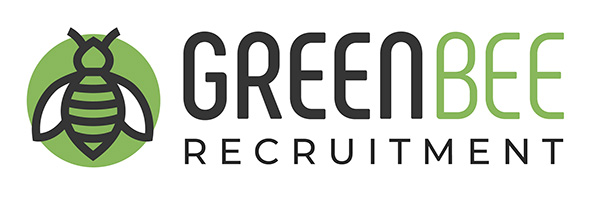In recruitment and retention, there’s one thing that consistently separates thriving workplaces from the ones stuck firefighting:
Teams that have a voice stay longer, care more, and perform better.
It sounds simple — but in a national hiring crisis, giving people a genuine say at work isn’t just good culture… it’s good business.
Here’s why team input matters more than ever:
1. Your Team See the Problems Before You Do
Leaders often get involved once an issue becomes a fire.
Your team, however, live the day-to-day reality — they spot the cracks before they turn into chaos.
When you give them space to share what’s working, what’s breaking, and what’s missing… you save yourself time, money, and stress.
2. People Commit To What They Help Create
When staff feel heard, ownership grows.
Ownership turns into pride.
Pride turns into performance.
The simple act of involving your people in decisions — even if you can’t implement everything — builds trust that’s impossible to manufacture later
3. It Reduces Staff Turnover (and Recruitment Costs)
You can pay for ads, agencies, retention bonuses…
OR you can build a workplace where people feel valued.
When employees feel part of the bigger picture, they’re far more likely to stay — reducing the constant cycle of recruiting replacements.
4. Ideas Come From Everywhere
Some of the best business improvements come from the quietest people in the room.
Your job isn’t to have all the answers — it’s to make it safe for others to share theirs.
As Emma from EC Human Resources often says:
“When teams feel trusted, they start acting like leaders.”
5. It Builds a Culture That Attracts Talent
Word spreads.
Great places to work get talked about.
New candidates’ notice.
In a market where skilled people have options, culture is one of the only things money can’t buy.
Final Thought
If you want to keep great people and create an environment where they genuinely want to grow with you, start by asking one simple question:
“What do you need from us to be your best?”
You’ll be blown away by what they tell you.
Collaboration with Emma Cromaty from EC Human Resources




